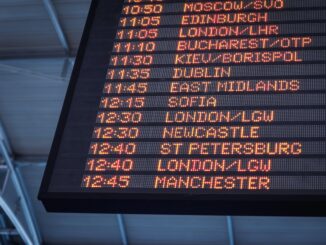
Current Travel Stories
A selection of travel news stories that are interesting, informative, important and humorous AirBnb et al – Guess who’s watching Cruise Ship Horrors – Literally ……….. US Govt Travel Advisory Update – Israel and Gaza […]

A selection of travel news stories that are interesting, informative, important and humorous AirBnb et al – Guess who’s watching Cruise Ship Horrors – Literally ……….. US Govt Travel Advisory Update – Israel and Gaza […]

Family Travel Insurance Family travel insurance is typically a normal travel insurance policy that has been extended to include members of a family. This is usually teenagers, younger children or babies, although it can include […]

Cancellation Travel Insurance Cancellation travel insurance is normally a part of most standard travel insurance policies that provides cover when a trip needs to be cancelled or interrupted due to unforeseen circumstances. This type of […]

Business Travel Insurance Business travel insurance, also known as corporate travel insurance is a type of insurance coverage designed to protect individuals who are travelling for business related purposes. It provides financial protection against a […]

Baggage Travel Insurance Cover for personal baggage is included in all mainstream travel insurance policies, whether they are single trip insurance or annual travel insurance plans. Some insurance policies that are more specialized such as […]